GĐXH - As a parent, one of your responsibilities is to teach your child to behave according to social norms. Your child needs to know how to admit mistakes and apologize.
However, the ultimate goal is not to teach by forcing children to say sorry, but to teach them to recognize their mistakes and apologize sincerely.
Here are some ways to teach your children to admit mistakes and say sorry.
Help your child calm down
Most of the time, situations where children need to apologize are out of their control because they are angry.
When children are angry, if you force them to apologize, it will make them think: Why do I have to apologize? Or it can even make them angrier.
Instead, take a deep breath, approach your child and remove him/her from the conflict to calm him/her down. You can help by talking to your child, asking questions…

When children are angry, if you force them to apologize, it will make them think: Why do I have to apologize? Or it can even make them angrier. Illustration photo
Teach your children when to apologize
It is difficult to make a young child understand what is right and what is wrong. It is important that parents introduce these two concepts to their children as early as possible.
You can explain the meaning of sorry and say that your child should apologize when he makes a mistake.
Encourage your child to be empathetic in recognizing his or her wrongdoing, for example, asking how he or she would react if another child did the same thing to him or her.
Analyze with your child what they could do differently.
“If you could go back in time, what would you change about what happened?” This exercise allows your child to think of other ways to resolve the conflict.
While it's true that brainstorming won't solve the current situation, it's a good way to learn how to manage your emotions for the future.
Teach children to apologize properly
A sincere apology is not just something that can be said. Parents should teach their children to stand up straight, stand still, and look straight in the eye when apologizing to show sincerity.
Encourage your child to add a reason for apologizing so that the listener knows what he or she did wrong. Your child can also end the apology with a promise not to do it again.
Helping children cope with their emotions
Often, children can feel embarrassed and self-conscious when they have to say sorry.
In this case, parents should talk and explain to their children why you make such a request and why they should not feel ashamed.
Let children know that accepting one's mistakes takes courage.
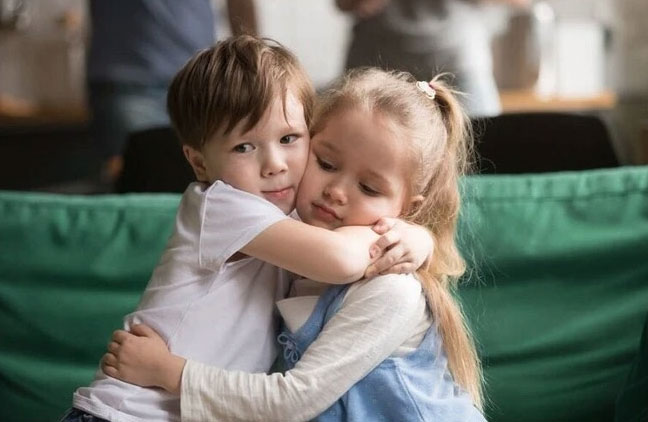
Let children know that accepting one's mistakes takes courage. Illustration photo
Parents set an example for their children.
One important aspect that parents tend to forget is that they need to set an example.
Sometimes in life you may make a mistake or react badly and you need to apologize. Apologizing is not a weakness but a strength. As a parent, you must lead by example because your children learn from what you do.
However, saying “sorry” is not always the best way to express your apology. You can hug your child, invite them out, or draw them a picture… to apologize.
The important thing here is to let your child learn to take responsibility for his or her actions in some way.
Let children apologize in their own way.
Sometimes children may not want to apologize at that moment. In this case, it is better for parents to give their children time to calm down and think about what they have done before apologizing.
Children can also apologize in their own way, such as giving a hug, flowers, or even writing a note. What is more important is that your child is willing to apologize and understands his or her mistake.
Talk about the consequences of not apologizing
If your child refuses to apologize, talk to him or her about the consequences of his or her behavior. You might say that his or her friend may not talk to or play with him or her anymore.
Source: https://giadinh.suckhoedoisong.vn/con-lon-len-de-that-bai-vi-nhieu-cha-me-xem-nhe-viec-day-con-bai-hoc-quan-trong-nay-172241025170919756.htm














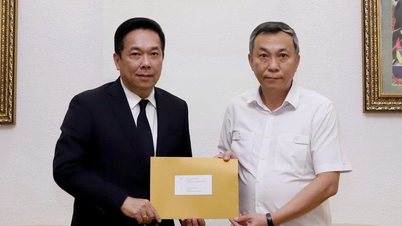

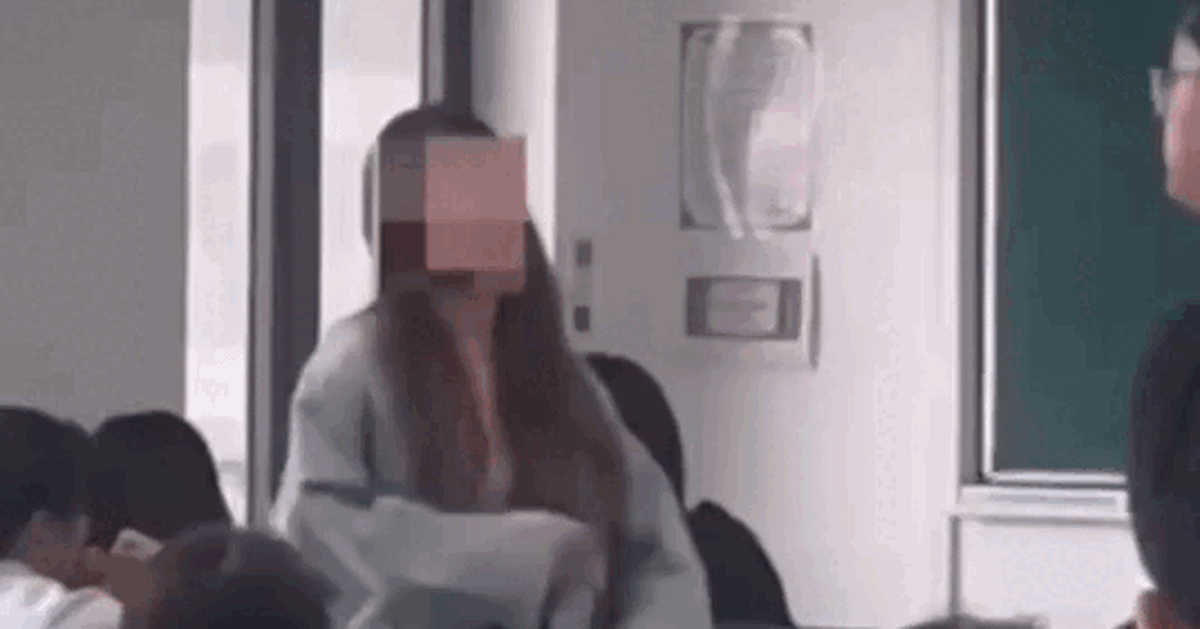





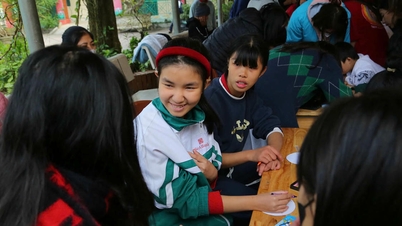














![[Photo] National Assembly Chairman Tran Thanh Man attends the VinFuture 2025 Award Ceremony](/_next/image?url=https%3A%2F%2Fvphoto.vietnam.vn%2Fthumb%2F1200x675%2Fvietnam%2Fresource%2FIMAGE%2F2025%2F12%2F05%2F1764951162416_2628509768338816493-6995-jpg.webp&w=3840&q=75)

































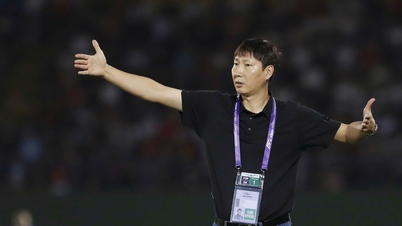













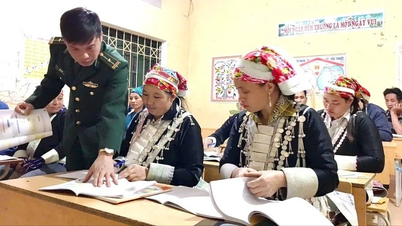



























Comment (0)